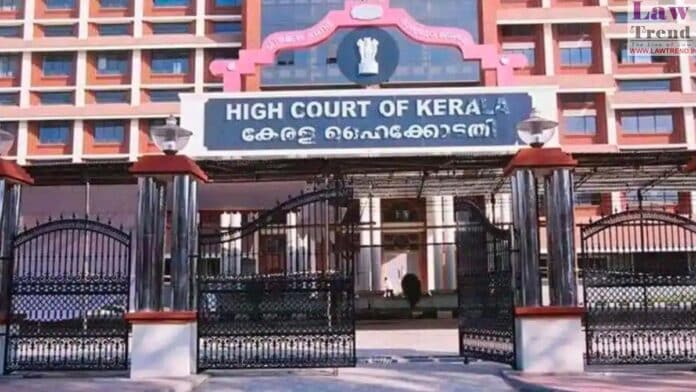In a significant ruling, the Kerala High Court has held that while a deceased’s married sister cannot claim compensation under the loss of dependency category, she is entitled to compensation for loss of estate if she is the sole legal heir. The judgment was delivered by Justice Shoba Annamma Eapen in The New India Assurance
To Read More Please Subscribe to VIP Membership for Unlimited Access to All the Articles, Download Available Copies of Judgments/Order, Acess to Central/State Bare Acts, Advertisement Free Content, Access to More than 4000 Legal Drafts( Readymade Editable Formats of Suits, Petitions, Writs, Legal Notices, Divorce Petitions, 138 Notices, Bail Applications etc.) in Hindi and English.




